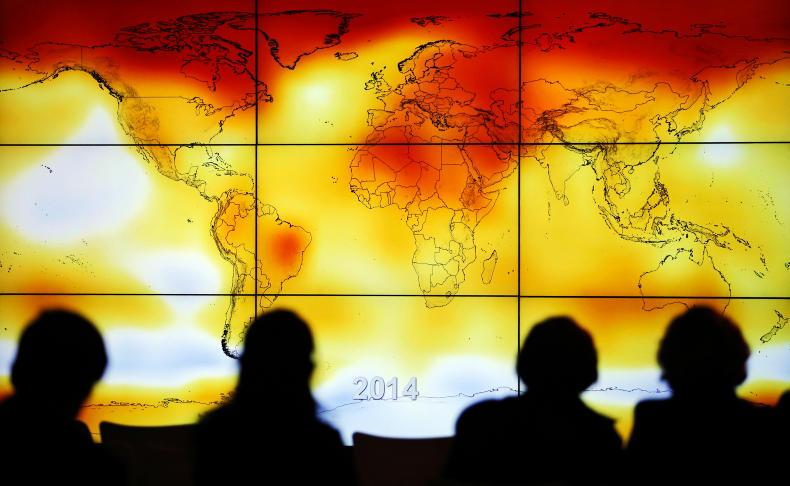The message from last week's Environmental Sustainability Committee (ESC) sustainability dialogue was stark.
Increased awareness of emissions in the form of greenhouse gases and ammonia will be required. The same applies to water quality and biodiversity.
Even if Ireland's livestock numbers stood still, the intensity of agriculture would increase because of the decrease in land available to farming due to construction and infrastructure projects.
Representatives from across the agricultural industry including NGOs, researchers, advisors, representative groups, government and agencies engaged in the event in an effort to evaluate and assess environmental sustainability and mitigation actions.
Challenge
Translating it to simple terms the challenge for Irish agriculture is how will it operate in a future that will expect more proof of environmental and production standards, in the face of a limit on its emissions.
Chief inspector at the Department of Agriculture, Bill Callanan, said the event was about providing a shared understanding of the impact of climate change and the interventions needed to deliver economic and environmental sustainability.
He clearly laid out the risks to Ireland's credibility and reputation if challenges are ignored. Commenting after the event he said: “This was around industry identifying the challenge and trying to work towards solutions.
"From an agricultural perspective, environmentally we have a good story to tell. We stand up against scrutiny internationally be that on water, biodiversity or on climate however, we have a significant challenge with emissions from the sector increasing.
"How do we maximise production from Irish farming and at the same time ensure we are achieving both regulatory commitments that have been made in terms of reducing greenhouse gas emissions keeping in mind that market drivers are expecting cleaner greener products in future?"
Ireland at the forefront
Jack Nolan from the Department of Agriculture acknowledged that Irish agriculture is at the forefront of the emission reduction challenge internationally and has been a leader to date but we must continue in that role.
He reminded industry personnel that it must be aware of costs put on farmers and that proper communication is required to improve future co-operation.
“Environmental sustainability and economic sustainability are equal and complimentary. He reiterated “one cannot be achieved at the expense of the other," he said.






 This is a subscriber-only article
This is a subscriber-only article










SHARING OPTIONS: